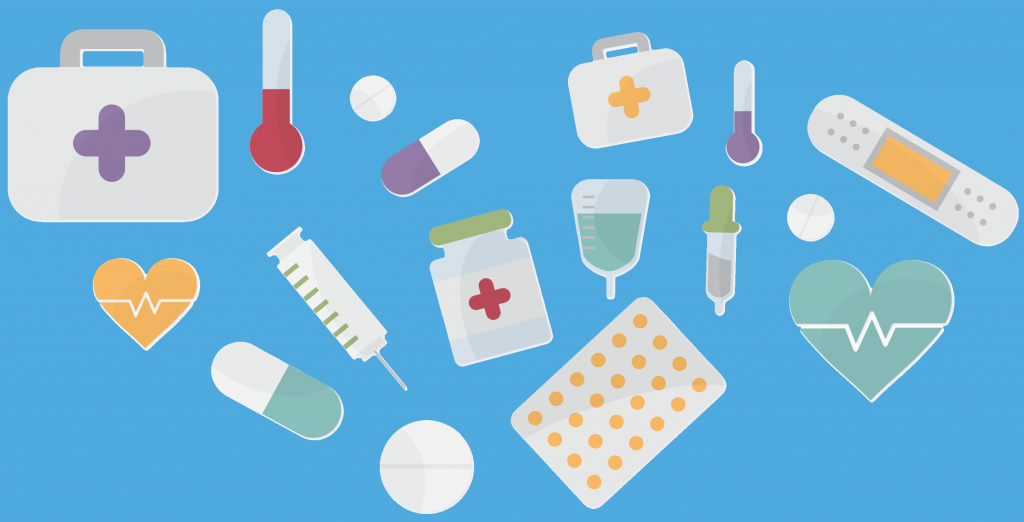
12 Tips on What to Do Before, During and After Doctor Appointments
There are several momentous occasions in a person’s life: getting a driver’s license, having a child, graduating school, or, often overlooked, becoming the caregiver of a parent or another older loved one.
Caregiving can take many forms. Family caregivers often accompany their parent to their doctor appointments and possibly even sit in the exam room with them. While there’s no studying involved for this exam, it’s important to be prepared, especially when you are advocating care for someone else.
Below are 12 suggestions on what to do before, during and after a visit with the doctor.
Before
- Make sure your loved one has a release of information signed in their medical records, so you can be involved directly in their care.
- Pack a go-bag that includes a list of your loved one’s current medications (including vitamins and supplements) and a change of clothing in case of any accidents while away from home.
- Write down any questions and/or concerns you or your parent have about their health. Then, prioritize them to the top two or three so the physician can have enough time to answer each one.
- Pack a notebook, laptop, tablet, etc. so you can take notes.
- Have a chat. While you might start playing or working on your smartphone or laptop while waiting to be seen, it’s important to engage with your loved one even if it’s just filling out a crossword puzzle together.
During
- Use your notebook, laptop, etc. and jot down any changes or the physician’s concerns.
- Reference your written questions and ask them.
- Involve your parent in their own care. You could remind them about their written questions by asking, “Dad, didn’t you tell me earlier that you had a question for the doctor?”
- If you are seeing a specialist, ask if the office staff can send copies of medical records to the primary care doctor.
After
- Ask your parent if they have any new questions or concerns and write them down.
- Drop off any new prescriptions at your loved one’s pharmacy and schedule any tests like an MRI or colonoscopy as soon as possible.
- If your parent needed to fast for blood work or maybe received some bad news, get some lunch with them after the visit. Make it a time to relax and enjoy each other’s company.
There may be days where you can’t join you loved one on their trip to the doctor. That’s where ComForCare Home Care comes in. Our caregivers can provide transportation and even escort your loved one to their appointment.
To learn more about how we can help, give us a call at (706) 622-3065 or visit www.nwgaComForCare.com



